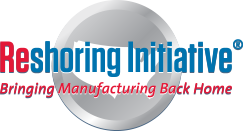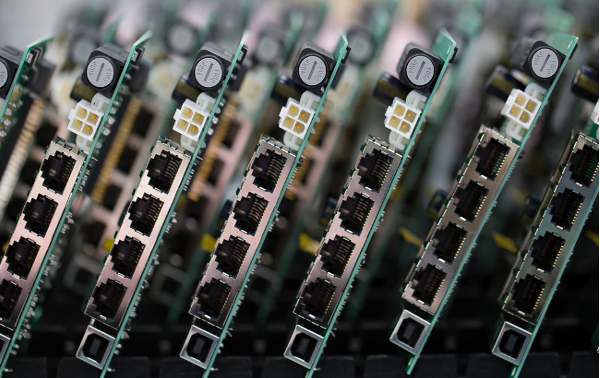PCBA Manufacturing: Offshore vs. Domestic
Guest blog from Applied Interactive -
PCBA manufacturing is widely considered an “offshore” process. However, while the debate over reshoring can be heated, there is reason to believe that localized PCBA manufacturing is now the more cost-effective and secure option.
Intellectual Property and Piracy
Manufacturing goods offshore has the distinct risk of exposing your intellectual property (IP) to potential theft and duplication. Nations hoping to improve their own economies and militaries often target US technological manufacturing. Some common tactics include computer hacking, the unauthorized photographing or recording of your PCBs as they are being assembled, and outright theft of prototypes or finished PCBAs in the interest of reverse engineering.
While theft is a risk in any industry or location, it is much harder to protect your IP when your product is being built in a foreign country such as China. Once your IP has been taken, the thieves can quickly and easily begin building a product that is cheaper than, yet identical to, yours.
Rising Cost of Labor
The Boston Consulting Group recently conducted a study comparing the costs of manufacturing in a variety of countries, including the US, Mexico, and China. When it came to labor costs, China is virtually on-par with the US. The study says, “For every dollar required to manufacture [a product] in the US, it now costs 96¢ to manufacture [the same product] in China, before considering the cost of transportation to the US and other factors.” This suggests that the amount you would save by sending your PCBA manufacturing overseas is negligible at best.
Offshore manufacturing has always been a calculated move intended to save money; cheap overseas labor had for many years been too good to pass up. It seems that as far as China is concerned, this may no longer be the case.
Shipping and Inventory Management
Managing inventory can be exceedingly complicated for offshore operations. Shipping raw materials takes much longer when you’re moving goods from the US to China or vice versa. In order to be cost-effective, large amounts of material—such as printed or blank circuit boards and components—must be shipped to the manufacturer and kept on hand. For lower volume operations, this can present a major financial hurdle. The hidden costs of storing, handling, and insuring products overseas can tear a large hole in any budget.
In contrast, domestic shipping of materials is far less expensive and much more reactive. US manufacturers are more capable of working with a flexible inventory management system, JIT manufacturing, and other lean manufacturing concepts.
Communication and Culture
Unsurprisingly, working with a company in a time zone that completely opposes your own can be difficult. Meetings to discuss progress, policy, pricing, etc. can be hard to synchronize, especially with a twelve-hour time difference. Communications are made even more difficult by language barriers and differences in cultural expectations.
With domestic manufacturing of PCBAs, communication is clear, quick, and concise, and all parties are able to walk away with a firm understanding of what is expected. This can save time and money later on, as there are often issues that can be conveyed and resolved without affecting the production timetable.
---
Reshoring is an option for all manufacturers in all industries. Visit the Reshoring Initiative’s Total Cost of Ownership Estimator® to find out if reshoring is the right option for your company.


